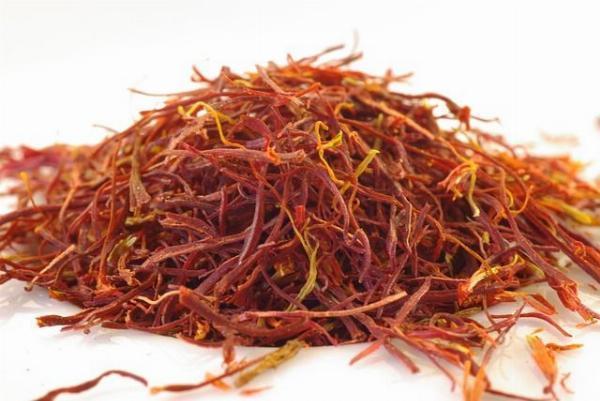 Competitor Backlink Hack – Steal Their Traffic. Legally!
Competitor Backlink Hack – Steal Their Traffic. Legally!
Gudi Padwa: Celebrating the Vibrant Spirit of New Beginnings
Written by Aditya Pandey » Updated on: June 17th, 2025

Introduction:
Gudi Padwa, also known as Ugadi in some regions, marks the beginning of the traditional Hindu New Year and is celebrated with great fervor and enthusiasm in Maharashtra and other parts of India. This auspicious festival falls on the first day of the Chaitra month, according to the Hindu lunisolar calendar, usually in March or April. In this article, we delve into the significance, rituals, and celebrations associated with Gudi Padwa, a joyous occasion that heralds the arrival of prosperity, happiness, and new beginnings.
Gudi Padwa, a vibrant and joyous festival celebrated primarily in the state of Maharashtra, marks the advent of the traditional Hindu New Year. This auspicious occasion, which falls on the first day of the Chaitra month according to the Hindu lunisolar calendar, holds deep cultural and religious significance. As the sun enters Aries, signaling the onset of spring, Gudi Padwa heralds a time of renewal, prosperity, and new beginnings. In this article, we delve into the rich tapestry of rituals, traditions, and celebrations associated with Gudi Padwa, a festival that resonates with the spirit of hope, joy, and anticipation for the year ahead.
Significance of Gudi Padwa:
Gudi Padwa holds immense significance in Hindu culture and tradition, symbolizing the onset of spring and the beginning of a new agricultural season. The word "Gudi" refers to a flag or banner, while "Padwa" denotes the first day of the Chaitra month. The festival is believed to commemorate the day when Lord Brahma created the universe, making it an auspicious time for new beginnings, ventures, and endeavors.
Rituals and Traditions:
The celebrations of Gudi Padwa are marked by various rituals and customs that are deeply rooted in tradition. One of the most iconic rituals is the hoisting of the Gudi, a decorative flag adorned with auspicious symbols such as neem leaves, mango leaves, flowers, and a copper or silver pot (kalash) placed upside down. The Gudi is hoisted outside homes as a symbol of victory, prosperity, and good fortune.
Another important aspect of Gudi Padwa is the preparation of traditional delicacies and sweets. Families come together to prepare festive meals featuring dishes such as puran poli, shrikhand, poori bhaji, and kheer. These culinary delights are shared with loved ones and neighbors as a gesture of goodwill and camaraderie.
Celebrations and Festivities:
Gudi Padwa is a time for joyous celebrations and festivities, with communities coming together to participate in cultural events, processions, and rituals. In Maharashtra, colorful processions are organized in various cities and towns, featuring traditional music, dance performances, and street decorations. People dress in their finest attire, exchange greetings and gifts, and visit temples to seek blessings for the year ahead.
In addition to its cultural significance, Gudi Padwa holds religious importance for Hindus, who offer prayers and perform rituals to invoke the blessings of the divine. It is believed that observing auspicious rituals on this day can usher in prosperity, success, and happiness in the coming year.
Conclusion:https://trendingnewswala.online/gudi-padwa/
Gudi Padwa is a celebration of new beginnings, hope, and optimism, symbolizing the triumph of good over evil and the onset of prosperity and abundance. As families come together to hoist the Gudi, share festive meals, and partake in cultural festivities, the spirit of unity, joy, and renewal permeates the air. May the auspicious occasion of Gudi Padwa bring blessings, happiness, and prosperity to all, heralding a year filled with growth, prosperity, and fulfillment.
Note: IndiBlogHub features both user-submitted and editorial content. We do not verify third-party contributions. Read our Disclaimer and Privacy Policyfor details.
Copyright © 2019-2025 IndiBlogHub.com. All rights reserved. Hosted on DigitalOcean for fast, reliable performance.

















